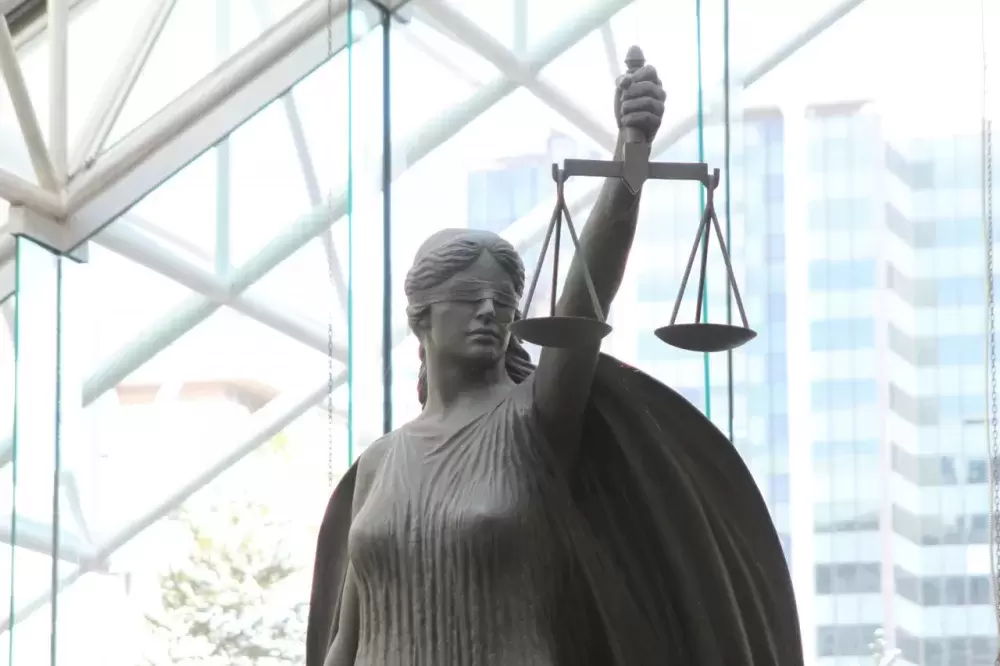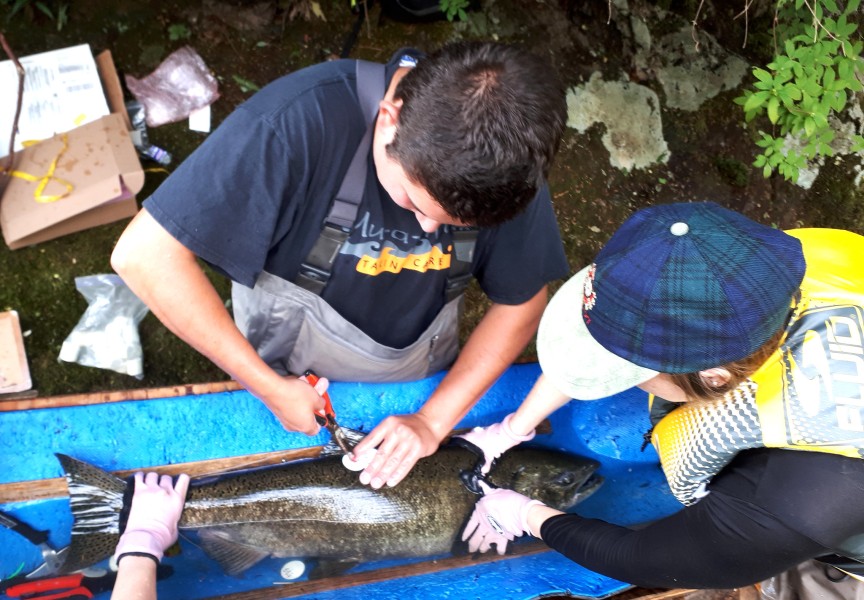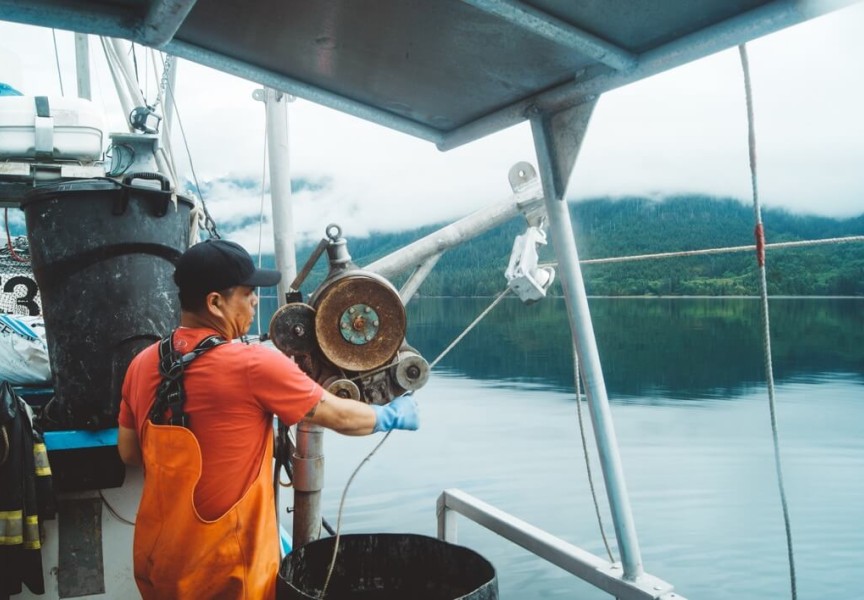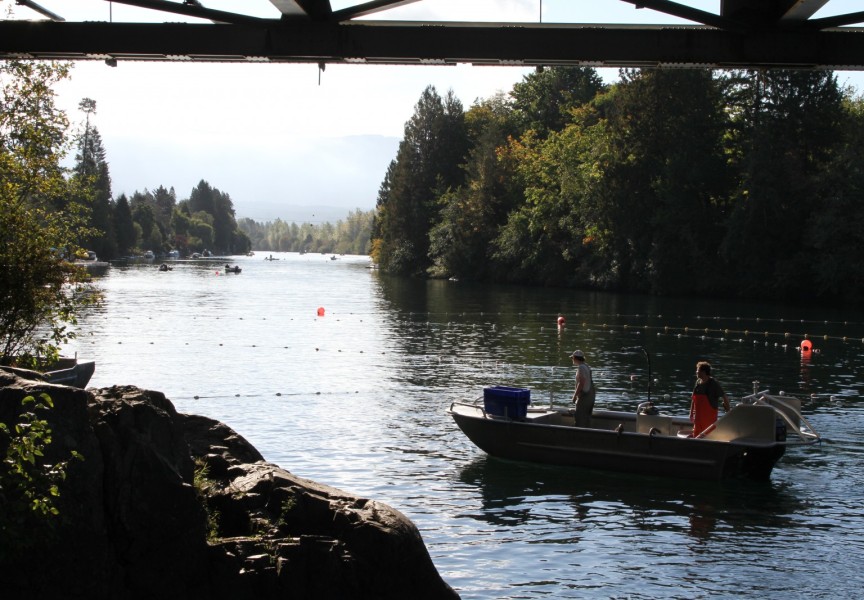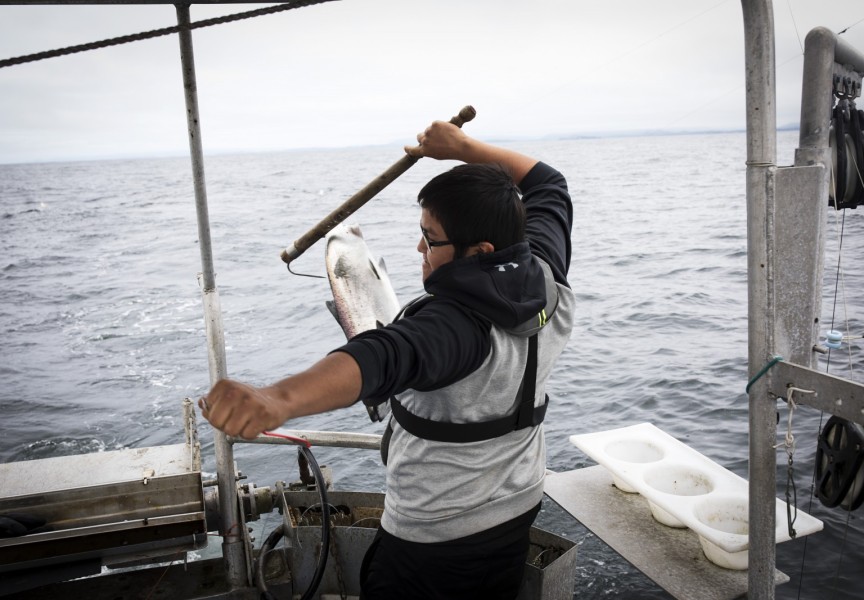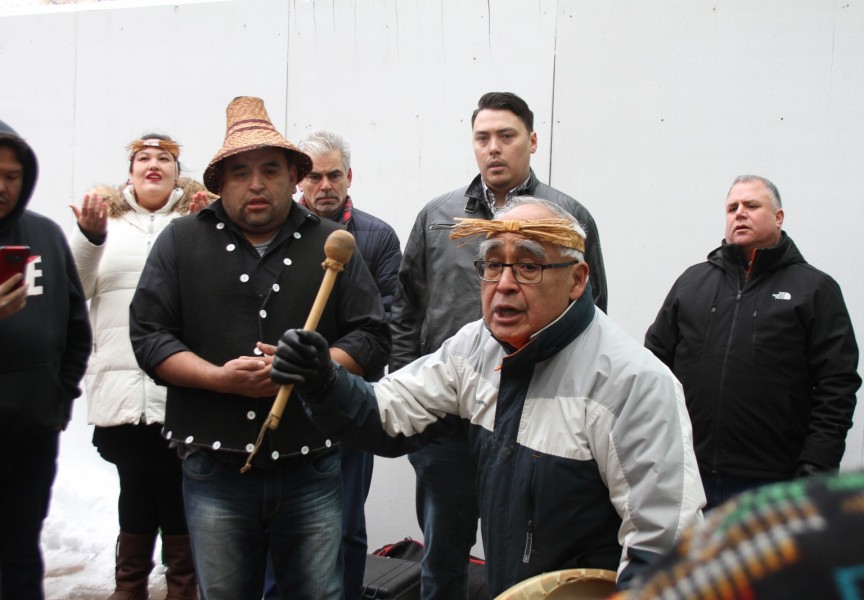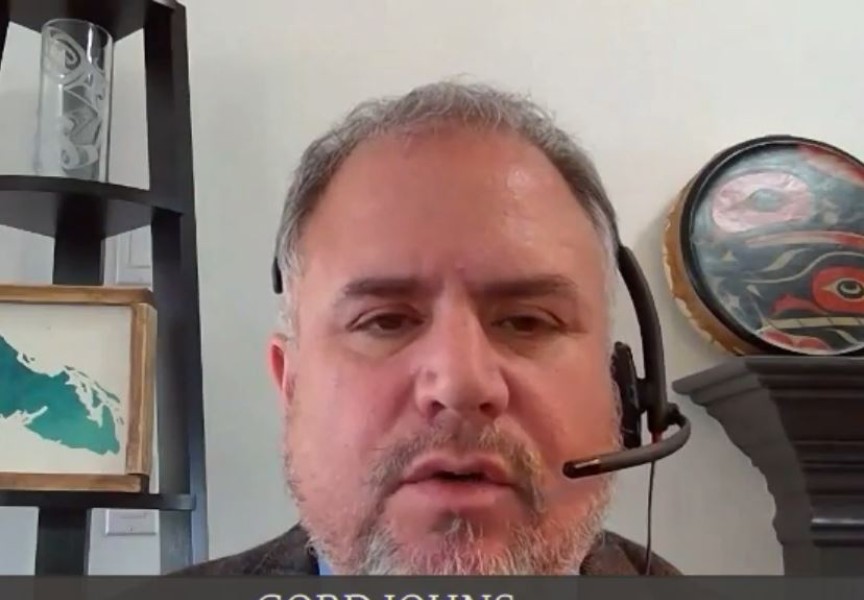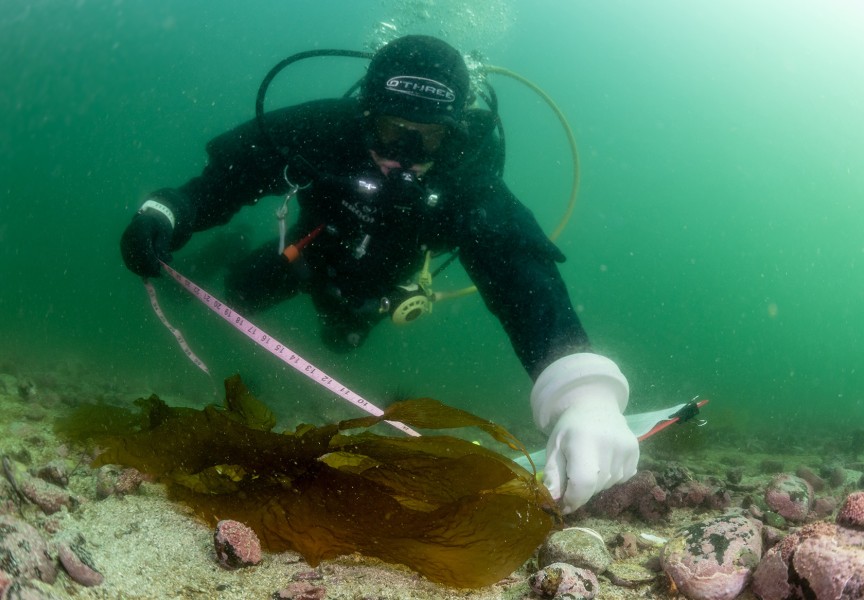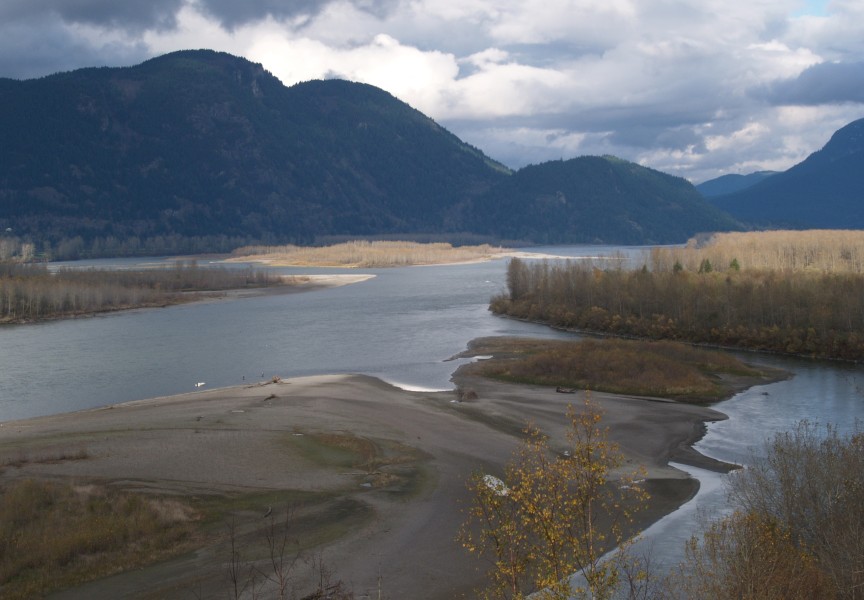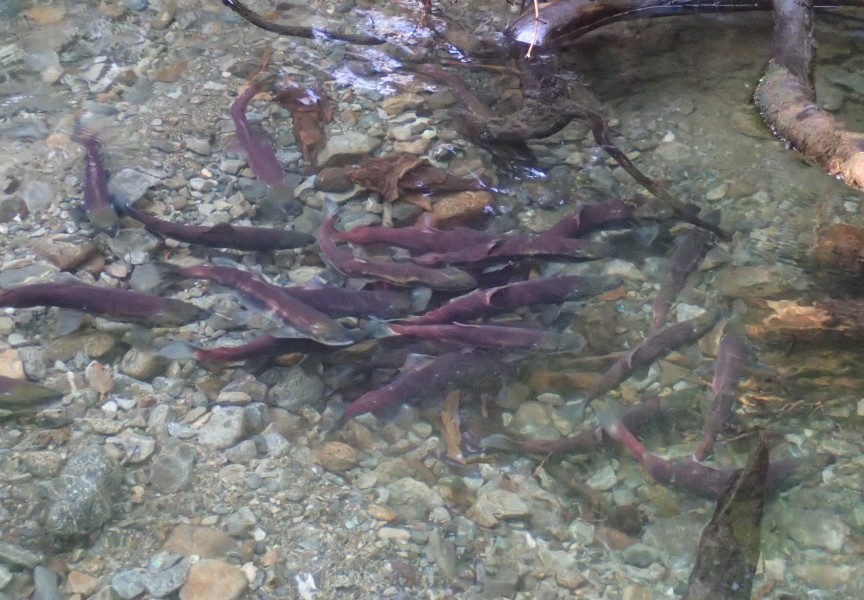Efforts from local DFO managers to implement a rights-based fishery for five First Nations were “stymied” by unwilling leadership in Ottawa, argues a lawyer representing the Nuu-chah-nulth in an ongoing court case.
This was part of the extensive message delivered to a panel of three judges overseeing an appeal of the Justification Trial over the rights of the Ahousaht, Tla-o-qui-aht, Hesquiaht, Ehattesaht/Chinehkint, and Mowachaht/Muchalaht First Nations to catch and sell fish from their territories on the west coast of Vancouver Island. Five days of proceedings wrapped up in Vancouver last week at the B.C. Court of Appeal, when cases were presented on behalf of the five Nuu-chah-nulth nations and the Government of Canada.
On the second day of proceedings Lisa Glowacki, one of the lawyers representing the five nations, described the failure of the Department of Fisheries and Oceans over the last decade to deliver a mandate honouring the Nuu-chah-nulth rights. This caused frustration among DFO managers serving the Vancouver Island region, and up to 2014 their briefing notes sent to Ottawa were marked “discontinued,” said the lawyer.
Justice Harvey Groberman, who sat between Justices Barbara Fisher and Lauri Ann Fenlon, noted the lack of progress from the federal government to implement a rights-based fishery since 2009, when the Supreme Court of Canada determined the nations have the right to harvest and sell from their territories.
“It’s apparent that after Justice Garson’s decision, Canada moved a little bit off of that position, but not very far,” said Groberman.
But according to its factum document submitted to the court, the Government of Canada said that allocations and licences for the First Nations have increased.
“In 2008, the appellants had 25 commercial fishing licences,” stated the factum. “Excluding clam and geoduck, by 2015 the appellants had 122 commercial fishing licences, in addition to thousands of pounds of quota for multiple species provided at no cost. Between 2008 and 2014, DFO increased the appellants’ allocations across 11 fisheries by approximately 496 per cent.”
This trial is the latest chapter in a court case that has lasted over a decade, stretching back to when the Supreme Court of Canada ruled the five Nuu-chah-nulth nations have the aboriginal right to harvest and sell from their respective territories, as they did before the colonization of the West Coast. But negotiations with Fisheries and Oceans Canada (DFO) over the following years failed to yield a viable means of exercising this right for the coastal First Nations, leading to the Justification Trial and its ruling from Justice Mary Humphries in April 2018.
Now the Nuu-chah-nulth nations are appealing Humphries’ decision from last year, citing concerns that their aboriginal right was incorrectly limited – particularly regarding the restriction that the fisheries should be of a small scale, artisanal and to be conducted within nine miles of the shore.
Canada argues that these restrictions are appropriate, citing the scope of Nuu-chah-nulth fisheries before colonization.
“The broad community participated, not for the purpose of accumulating wealth, but for sustenance, ceremonial practices, and trade,” stated Canada’s lawyers in its factum. “Fishing was not the practice of a select few high-volume fishers.”
In his opening statement Kirchner described a Nuu-chah-nulth fishery that has evolved over time. It continued to develop until government regulations caused the nations to be “forced out of the commercial fishery” in the 1980s, he argued.
“It was their fishery that helped build this province in its infancy,” said Kirchner. “As recent as the 1980s there was a flourishing Nuu-chah-nulth fishery.”
Despite the Supreme Court of Canada ruling, the DFO has not transferred shares of the Vancouver Island west coast fishery from recreational or commercial users to the five nations, said the lawyer.
With the task of balancing the conservation of declining fish stocks with the needs of First Nations, sports fisheries and commercial operators, the DFO has been tasked with setting harvest allocations for the various groups. In 2018 the total allowable catch for chinook off the west coast of Vancouver Island was set at 88,300. The sports fishery was allotted 50,000 of this total, with 5,000 going to First Nations’ food, social and ceremonial purposes, 3,447 to nations in the Maa-nulth treaty, 20,132 for commercial boats and 9,721 for the T’aaq-wiihak fishery. Meaning fishing with the permission of the Ha’wiih, T’aaq-wiihak is operated by the five nations tied to the ongoing court case.
In its document submitted to the court, Canada noted the need to consider “the Crown’s responsibility to balance the distribution of fisheries resources in the interests of all Canadians.”
During discussion with the lawyers, Groberman raised the possibility of a court injunction forcing Canada to implement the fishing rights of the five Nuu-chah-nulth nations, but a ruling from the three judges will be guided by the opposing arguments from both parties as well as focused information from a range of intervenors from across Canada. A decision is expected later this year.

